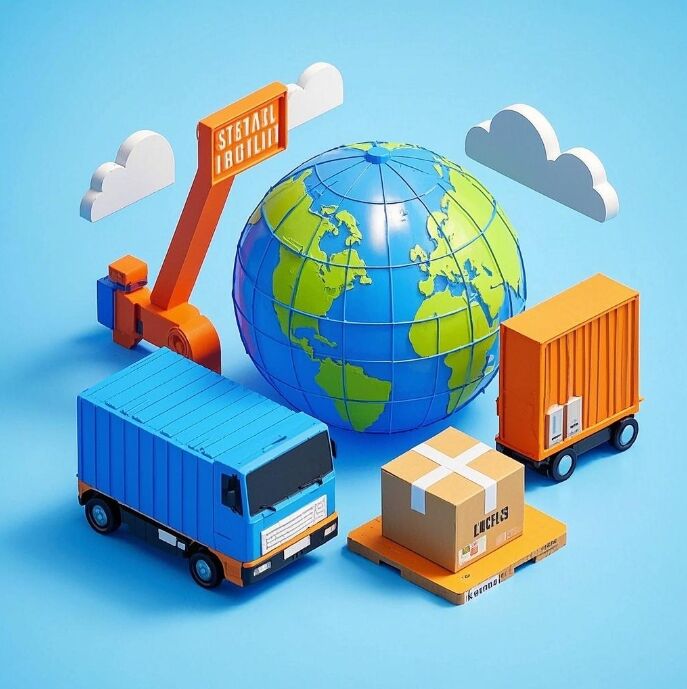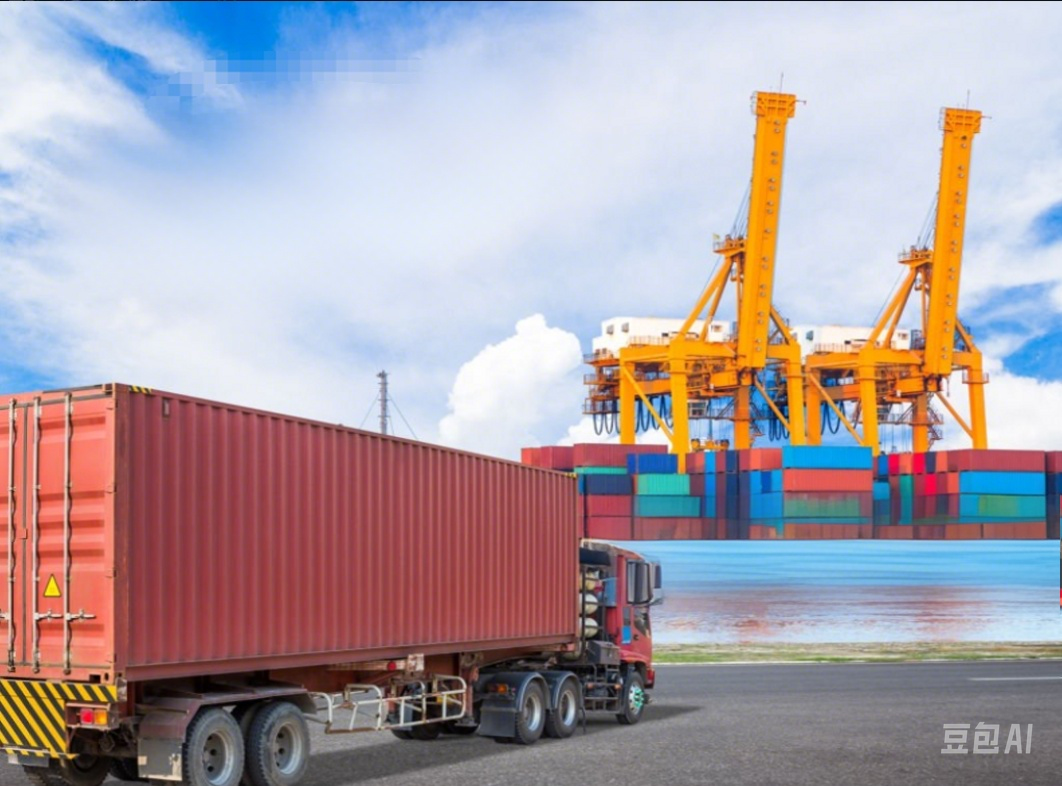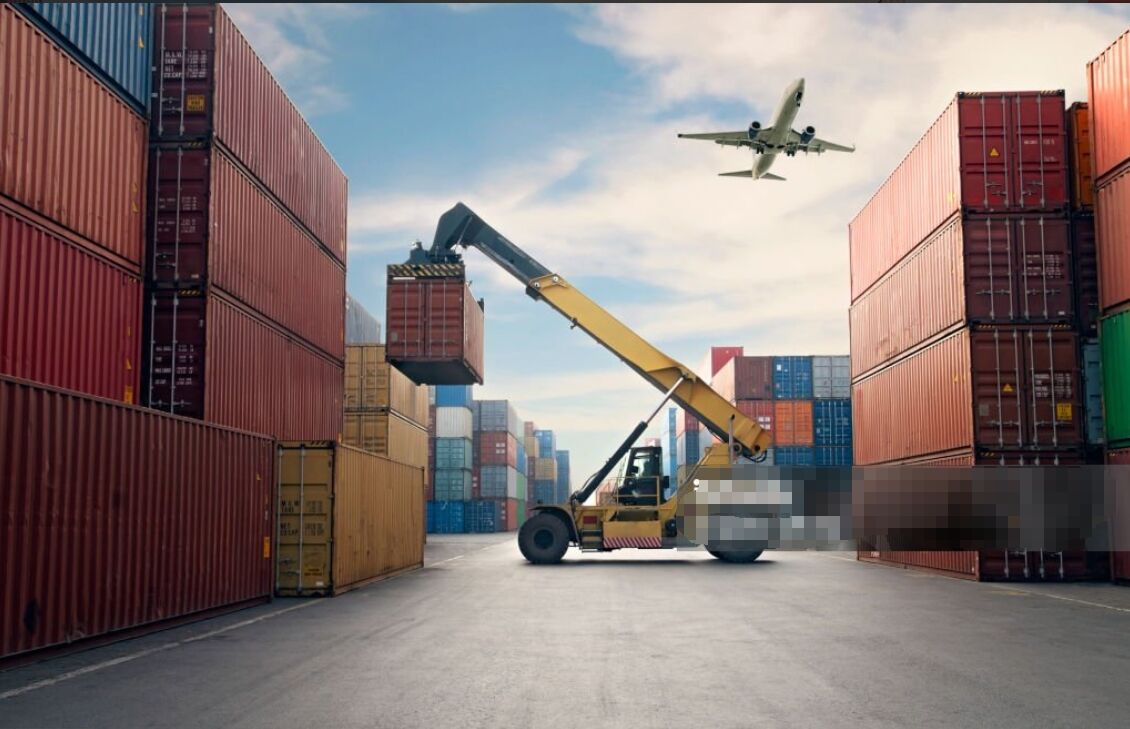DHL's Global Logistics Network and Strategic Reach
Spanning 220+ Countries Through Integrated Operations
DHL operates in over 220 countries, making it one of the most extensive logistics networks available today. This vast geographical coverage is crucial for global trade, as it enables swift delivery and seamless connectivity across borders, meeting both business and consumer demands effectively. The integration of various transportation modes, including air, sea, and ground, within their operations maximizes efficiency, significantly reducing transit times and ensuring reliable freight shipping. As a prominent player in the logistics sector, DHL's extensive network provides unparalleled access and flexibly supports businesses in reaching international markets.
Hub-and-Spoke Model for Efficient Freight Shipping
DHL employs a hub-and-spoke model, centralizing operations to streamline logistics and minimize costs. This system is particularly effective for freight forwarding companies, as it enhances flexibility and allows for quick adaptation to changing market demands. By maintaining well-defined hubs, DHL reduces delays and boosts overall supply chain efficiency. The strategic placement of hubs ensures smooth logistics operations, improving transit speeds and reliability in international air freight and DHL express delivery services. This model is a testament to DHL's commitment to optimizing logistics efficiency and customer satisfaction, positioning them as a leader in global freight shipping solutions.
DHL's Role in International Air Freight and Express Delivery
Prioritizing Speed in DHL Express Delivery Systems
DHL Express is renowned for prioritizing speed within its delivery systems, especially for time-sensitive shipments. This dedication ensures swift logistics for clients who demand quick service. Notably, DHL Express manages to deliver packages to over 50% of the world's population within 1-2 days, highlighting its commitment to fast service. This efficiency is indispensable for businesses requiring rapid turnaround and international presence. Furthermore, DHL relies heavily on advanced tracking technology, providing real-time updates for customers. This transparency not only builds trust but also enhances customer experience by allowing them to monitor the progress of their shipments at any given time.
Air Cargo Innovations for Time-Sensitive Shipments
DHL consistently invests in air cargo innovations to improve the speed and efficiency of time-sensitive deliveries. For instance, the company explores the potential of drone technology to expedite parcel delivery, catering to the urgency prevalent in today's market. According to recent data, the surge in e-commerce has significantly increased the need for faster air cargo solutions, prompting DHL to continuously refine its operations. Moreover, DHL has embraced automated sorting systems. By automating these processes, DHL minimizes handling time, boosts processing speed, and enhances accuracy, ensuring that even the tightest deadlines are met without compromise.
Economic Impact of DHL's Worldwide Operations
Enabling $2 Trillion in Cross-Border Trade Annually
DHL plays an integral role in supporting a whopping $2 trillion in cross-border trade each year. This staggering figure underscores DHL as a pivotal player in facilitating global commerce by offering comprehensive logistics solutions that transcend geographical boundaries. By reducing trade barriers, DHL promotes economic integration among nations, enabling businesses of all sizes to participate in global markets. Various studies have shown that efficient logistics correlate with GDP growth, particularly emphasizing the importance of logistics in the economic development of emerging countries. Such efficiency not only enhances trade but also fosters economic growth, as evidenced by the positive link between logistics and national GDP in many developing nations.
Job Creation and Infrastructure Development Metrics
DHL notably contributes to job creation across diverse sectors globally, supporting economics by generating employment directly and indirectly. The infrastructure investments made by DHL, which include expanding transportation networks and facilities, significantly enhance regional economies. They not only improve logistics efficiency but also create economic opportunities within local communities. Industry reports reveal that each job in logistics can support an additional two to three jobs within the local economy, showcasing the ripple effect that logistics giants can produce. This contribution ensures that DHL is not only a leader in freight shipping but also a driving force in economic stability and growth worldwide.
Challenges in Maintaining Global Logistics Leadership
Navigating Geopolitical Tensions in Key Trade Lanes
DHL, as a titan in global logistics, is persistently confronted with geopolitical tensions that disrupt traditional logistics routes. These geopolitical challenges can lead to increased tariffs and regulatory complexities, impacting DHL's ability to maintain seamless operations. According to experts, companies like DHL must remain agile and adopt swift adaptations to these evolving political landscapes to ensure resilience in their supply chain operations. The recent focus on possible tariffs, as highlighted by geopolitical analysts, serves as a clear example of how fluctuating political climates can affect logistics firms. This underscores the importance of strategic planning and flexibility in maintaining leadership in global logistics.
Adapting to Supply Chain Digitalization Demands
In the rapidly evolving logistics landscape, embracing digital transformation is critical for maintaining a competitive edge. DHL has been proactive in investing in cutting-edge technologies like IoT and big data analytics to optimize its supply chain management. By harnessing such innovations, DHL not only streamlines its operations but also enhances customer satisfaction, a trend observed across industries that have embraced digitalization. Staying ahead in supply chain digitalization allows DHL to not only meet the current demands but also set industry standards, ensuring that efficiency and customer needs are always at the forefront of their operations.
Sustainability Pressures in Freight Forwarding Operations
With increasing environmental regulations, DHL is reevaluating its sustainability strategies to reduce its carbon footprint while maintaining operational efficiency. Adopting greener technologies and practices is not only a regulatory imperative but also a cost-saving measure that resonates with today's environmentally-conscious consumers. Studies show that businesses prioritizing sustainability enjoy a competitive advantage, as consumers are increasingly making purchasing decisions based on corporate sustainability commitments. DHL’s commitment to sustainability is therefore not just about compliance but also about aligning itself with the expectations of a global, environmentally aware client base.
Future-Proofing Global Supply Chains Through Innovation
AI-Driven Solutions for Customs Clearance Efficiency
DHL is at the forefront of using AI-driven solutions to enhance customs clearance efficiency, addressing one of the major bottlenecks in logistics. By implementing artificial intelligence tools, DHL can significantly reduce delays at borders, which are often caused by human errors in documentation and compliance issues. This technological adoption not only minimizes errors but also aligns with industry trends, showing that AI integration can decrease clearance times by up to 50%. Such advancements ensure that DHL stays ahead in the competitive field of freight shipping and international air freight, further reinforcing their position as a leader in logistics technology.
Cold Chain Advancements for Pharmaceutical Logistics
In the realm of pharmaceutical logistics, DHL stands as a leader with its advancements in cold chain logistics that ensure the integrity of temperature-sensitive shipments. Innovations like smart sensors that monitor real-time conditions during transit are pivotal, especially in the growing biopharmaceutical sector where safety and compliance are paramount. These advancements in cold chain logistics underline DHL's commitment to providing reliable and secure pharmaceutical shipping solutions. It is evident that with the increasing demand for biopharmaceutical products, DHL's supply chain strength, bolstered by these innovations, supports sustained growth in logistics operations and ensures the safe delivery of vital medical supplies globally.




